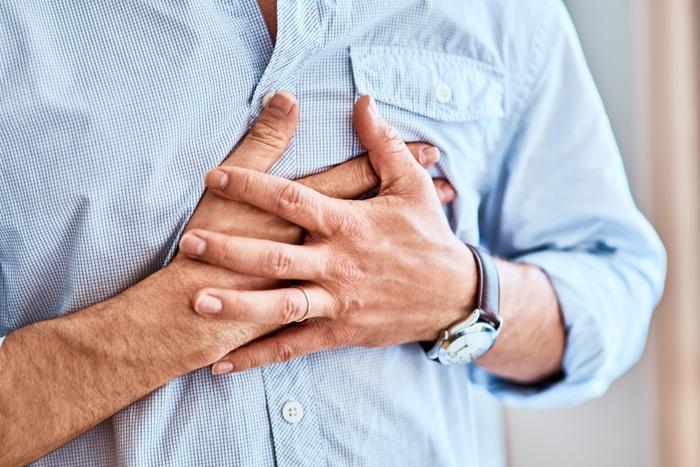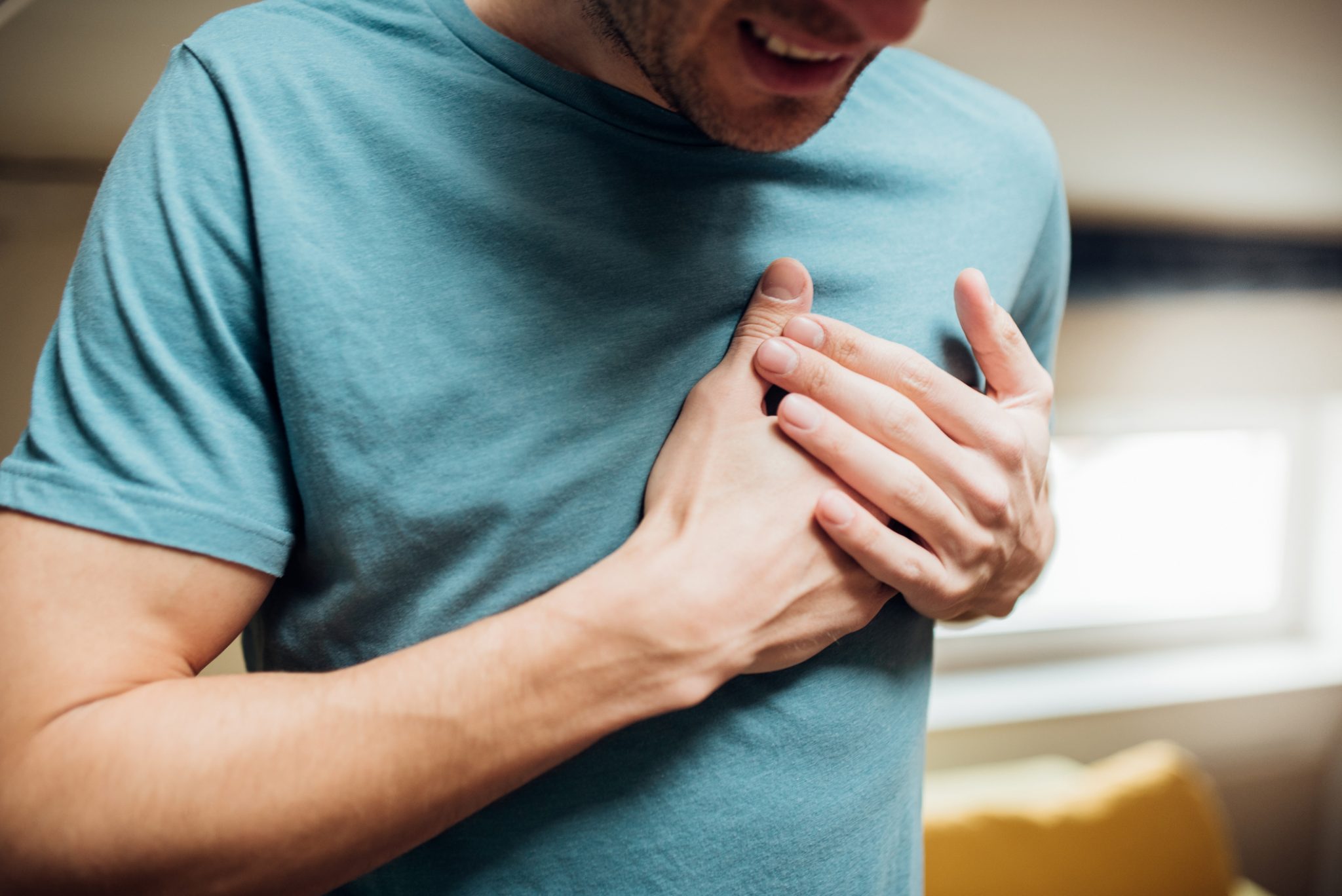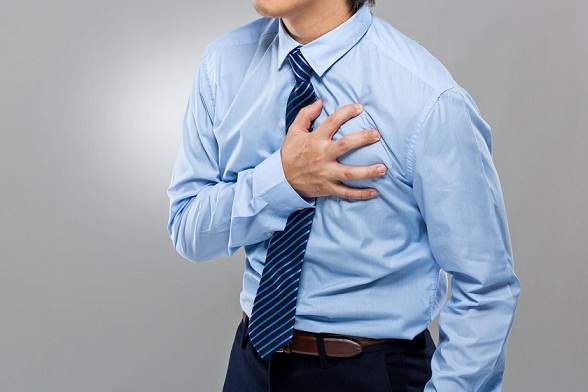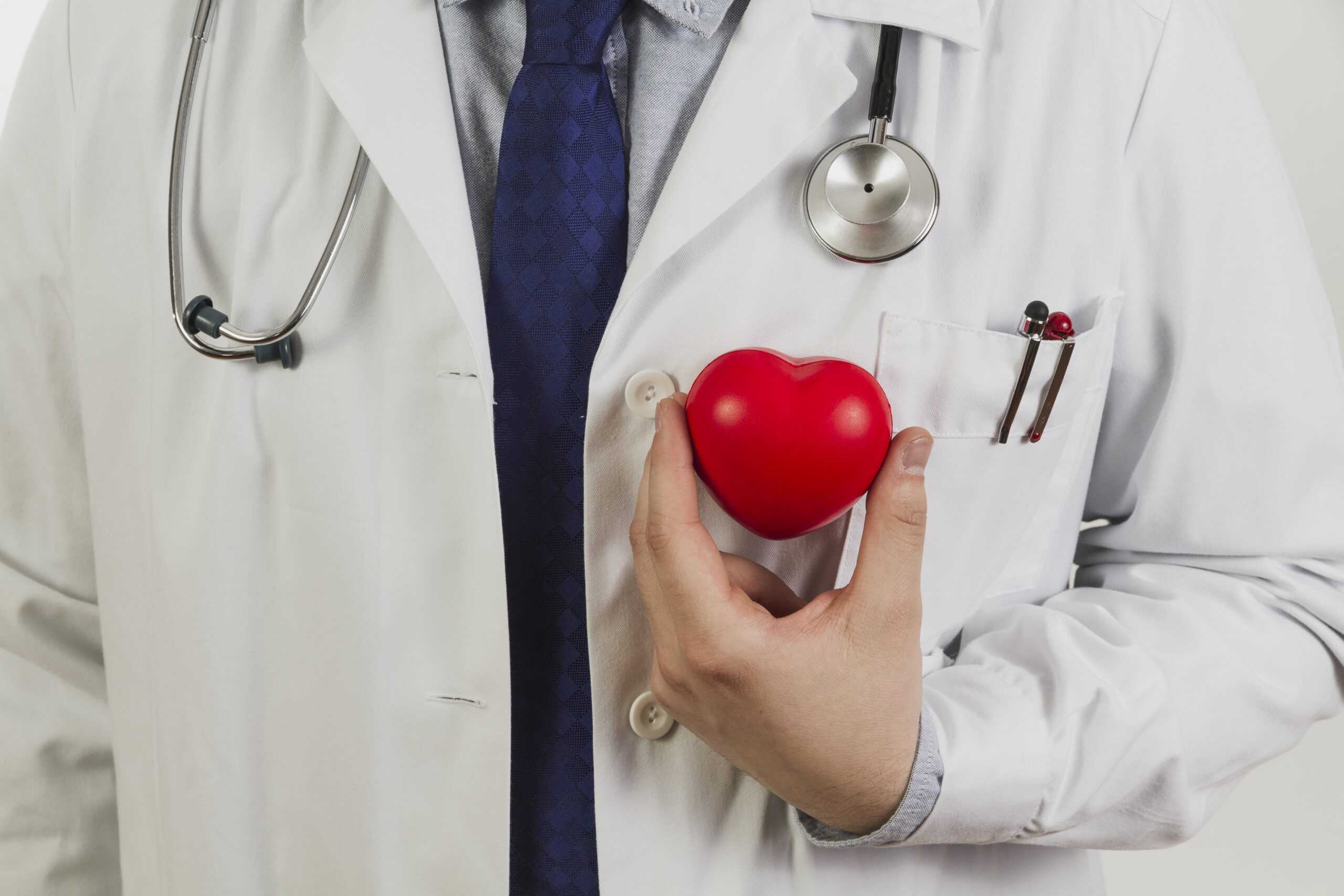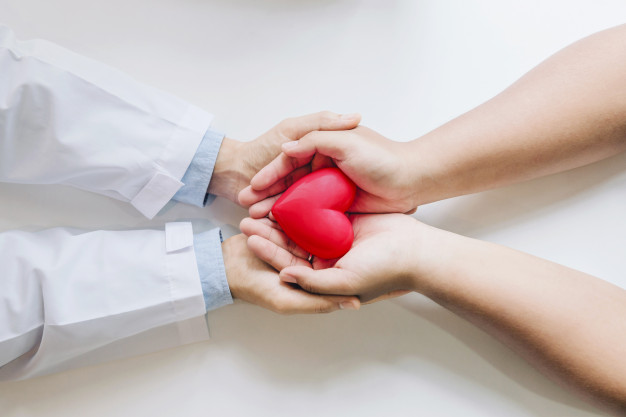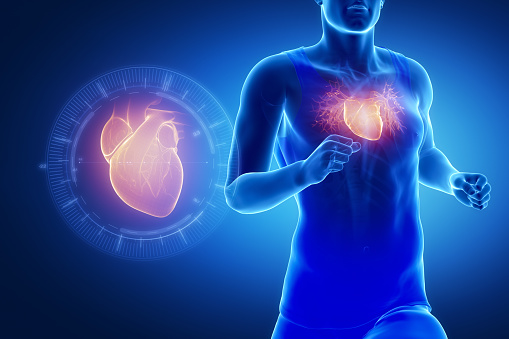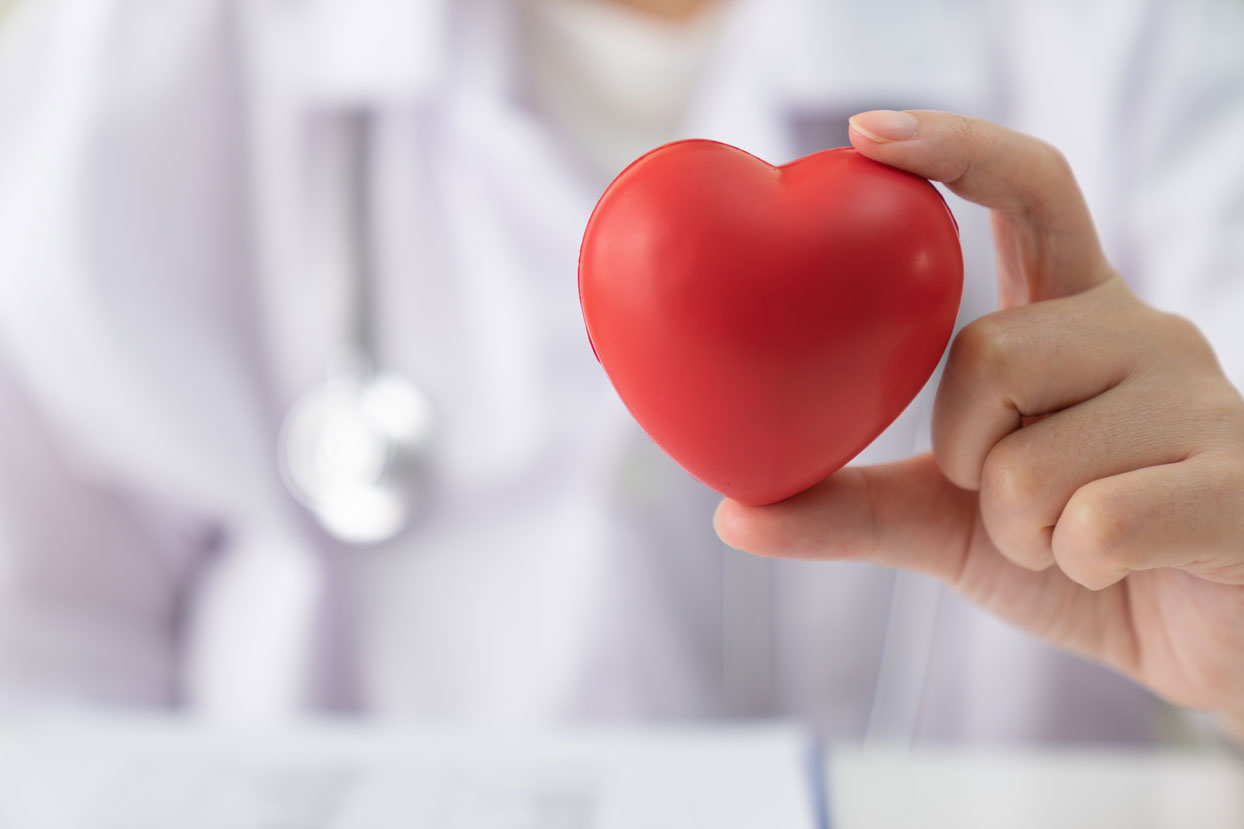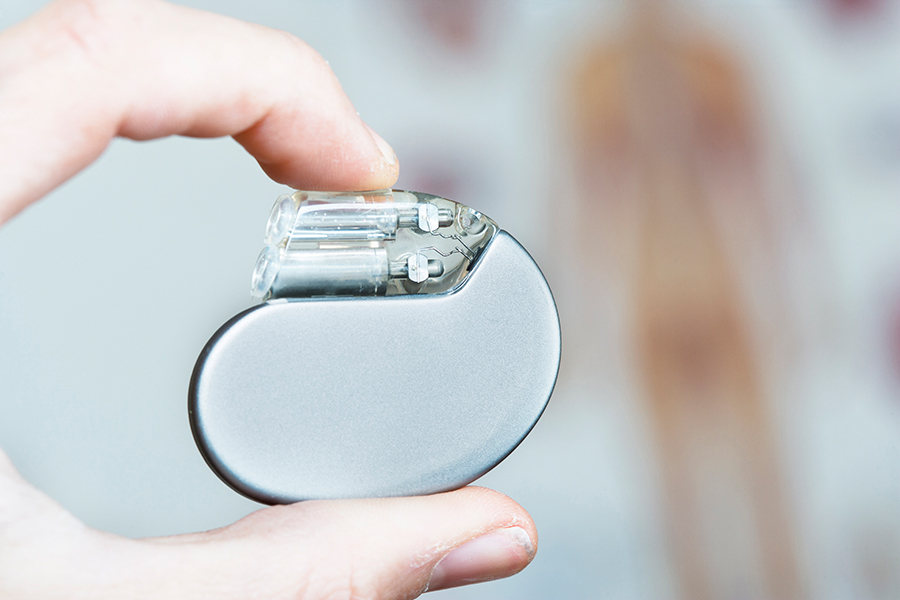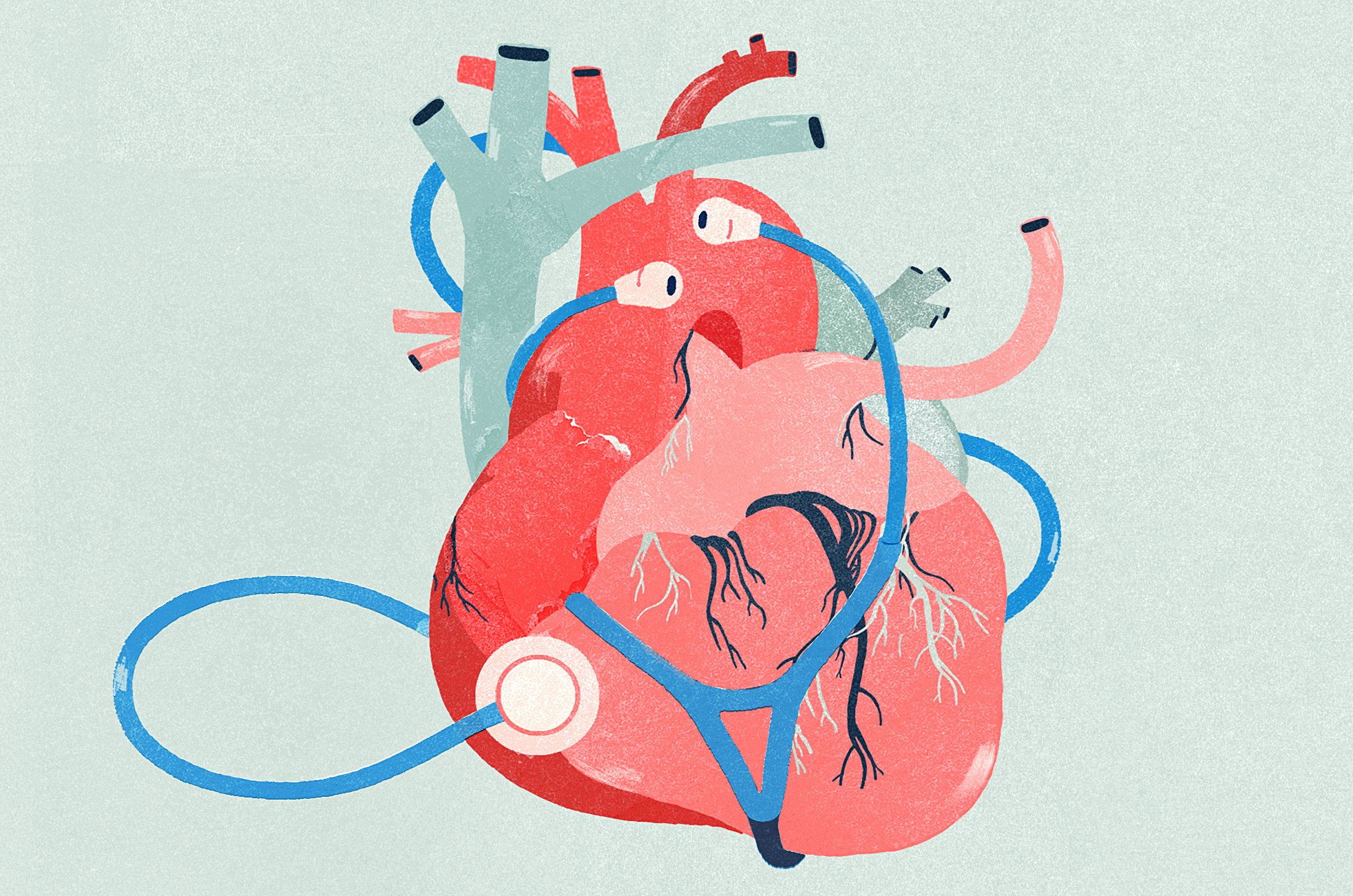A heart attack, stroke, or another form of cardiovascular disease kills one person every minute. Women are susceptible to various forms of (cardiovascular disease) CVD, as we all know. Despite this, a heart-healthy lifestyle can prevent most of those cases, says Dr. Sanjay Kumar – the best Cardiovascular Doctor.
Understanding your own personal risk for heart disease is the first step toward heart health. It’s obvious that there are some risks, such as smoking cigarettes: People are all aware whether they smoke or not. Other risk factors, however, such as high blood pressure and high cholesterol, usually don’t have obvious symptoms. Therefore, you will need to create your own “heart profile.” Continue reading to find out what you need to know before scheduling a heart health screening.
Key health indicators
Blood pressure, cholesterol, body weight/BMI, and blood glucose are some factors that contribute to cardiovascular disease. An awareness of these numbers can provide you with a jump-start on living a healthier lifestyle.
In order to test, follow these steps:
- Every regular check-up since the age of 20 should include blood pressure checks.
- Starting at age 20, cholesterol should be checked every five years. The risk of cardiovascular disease is higher if: your total cholesterol is over 200; you’re over 45 or 50 years old; your HDL is less than 50 or less than 40; you have other cardiovascular risk factors.
- Every visit to your health care provider after you turn 20 years old – Weight/body mass index
- Circumference of the waist – As needed beginning at age 20.
- From the age of 45, blood glucose is tested every three years.
Family history
It’s important to let your doctor know if your family has a history of heart disease. The best cardiovascular doctor will be more informed about additional risk factors once your genetics are known. It is impossible to change certain risk factors for early heart disease, such as age and family history. At 55, age becomes a risk factor for women. As a result of their bodies’ decreased production of estrogen, women are more likely to get heart disease after menopause. The risk of heart disease in women who have gone through early menopause, whether naturally or as a consequence of a hysterectomy, is twice as high as it is for women who haven’t yet gone through menopause.
The risk for heart problems also increases as men and women develop risk factors during middle age. Another risk factor that cannot be changed is a family history of early heart disease. It is more likely that you will get heart disease if your father, brother, mother, or sister have been hospitalized for heart attacks before they reach the age of 55 or 65. Another heart disease risk factor you cannot control is preeclampsia. However, if you have had the condition, you should try to control other risk factors for heart disease.
Health habits
Are you a smoker?
How physically active are you?
How many drinks do you consume each day?
Are you eating a high-fat diet?
How do you cope with stress?
You may also be at increased risk for heart disease and stroke if you answer all of the questions above. Your doctor will be able to determine whether or not you need to be screened based on your lifestyle. Your answers will also help your doctor determine the best way to help you.
One change at a time can be made gradually. However, making them is very important. Heart disease risk needs to be taken seriously-and action needs to be taken now to reduce it. Dr. Sanjay Kumar, the best cardiovascular doctor specializes in diagnosing and treating diseases or conditions of the heart and blood vessels. He helps victims of heart disease return to a full and useful life and also counsel patients about the risks and prevention of heart disease. He aims to provide the best possible, comprehensive, and multidisciplinary heart treatment equipped with the latest technology for all types of procedures.

